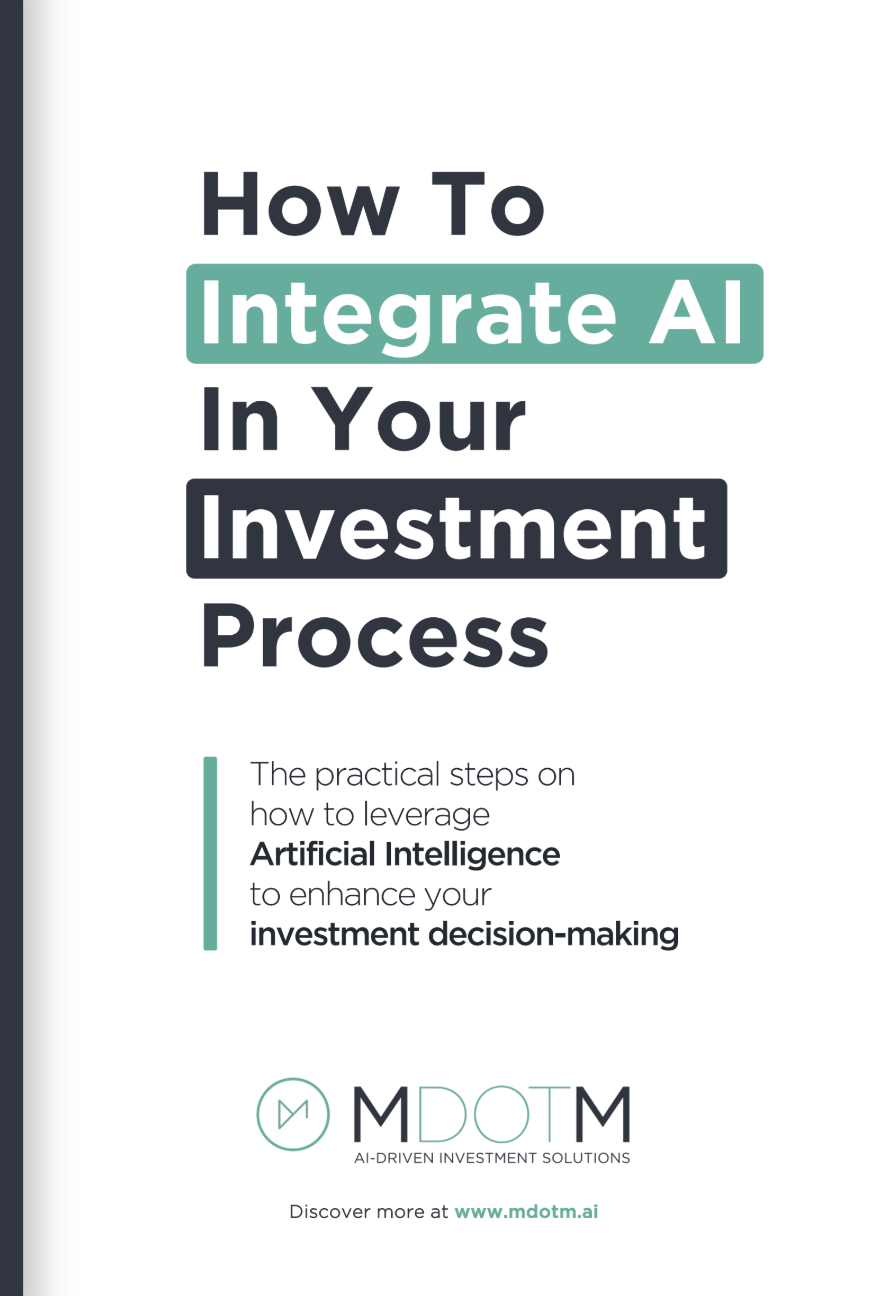
The practice of wagering money (or something valuable) on an uncertain event is as old as our history gets. From dice to blackjack, a lot of the big names in science have eventually been fascinated – or even involved personally – by the connection between risk, reward, and probability. Yet, the economic incentive has not been the only reason why it was important to decode the laws of probability. Instead, they have been driven by the quest to tame randomness using maths, intuition and the scientific method.
In hindsight, gambling has been a laboratory in which many ideas have turned out to have practical applications in the financial world. As we walk down the road that connects Las Vegas to Wall Street, we will learn how they have shaped quantitative investing and led many legendary investors to success. However, we will see that knowledge is not enough to make it through. We need to take one step further and ask ourselves: what does it take to play the odds?
At The Beginning Was Chance
Gambling is by far one of the world’s favourite – and oldest – hobbies. Whether we talk about commercial casinos, bookmaking, lotteries or online betting, gambling definitely plays a relevant role in the global economy. Only in the US, the revenues for 2018 have soared to the record-high $41.7 billion dollars, according to the data gathered by the American Gaming Association.










